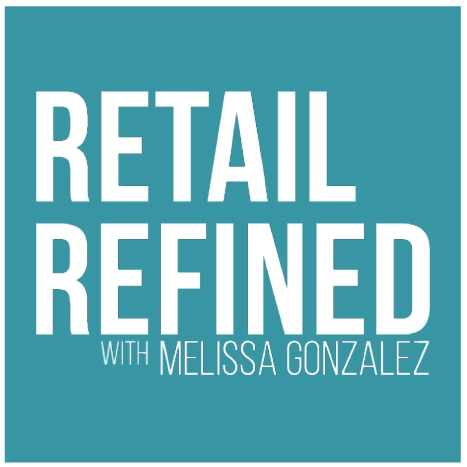Behind WorkJam’s Mission to Improve Retention and Training in Retail
Steve Kramer, CEO at WorkJam, is a twenty-year veteran in e-commerce. His specialty is finding the gaps in how organizations manage their frontlines. He founded WorkJam in 2014 as a digital frontline workplace to solve retail industry issues. “Our platform essentially helps retailers and companies and other industries, such as healthcare, manufacturing, and distribution, to orchestrate their frontline workforces,” Kramer said.
The frontline digital workforce is a new category that reshapes how organizations bi-directionally communicate with their workers. It encompasses all the core elements of managing a frontline under one platform accessible through an employee’s mobile device. No matter how robust a platform is, it’s only a success if it makes a positive difference for employees. “We’ve been able to prove this in working with major organizations around the world,” Kramer said.
With retail worker shortages already rising before the pandemic, the past two and a half years have made the need for engagement and retention a top priority for retailers. “The need to be able to communicate became fundamental,” Kramer said. “And there were no tools available to effectively communicate from the head office down to the field. So, that became a priority for organizations to start addressing.”
The convergence of economic concerns for retailers coinciding with labor shortages is unique for the industry. “It’s pretty much a green field area for organizations where I think it can drive tremendous innovation as well in companies around the world right now,” Kramer said.
In a recent survey of retail and manufacturing executives and how they organized their workforce priorities, Kramer said there were a few main takeaways. Labor shortages & turnover were more significant challenges than supply chain issues, and the great resignation and the movement of employees was another primary concern. “Executives are really focused around solving these issues,” Kramer said. “They want to solve them, particularly through changing labor models and being able to provide flexibility to schedules in the field.”




